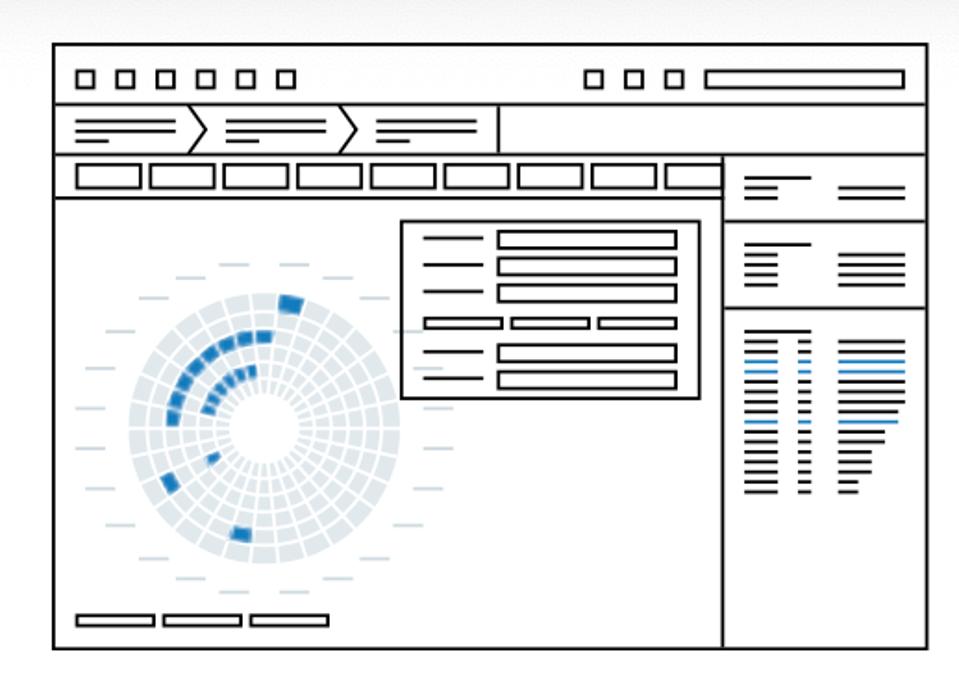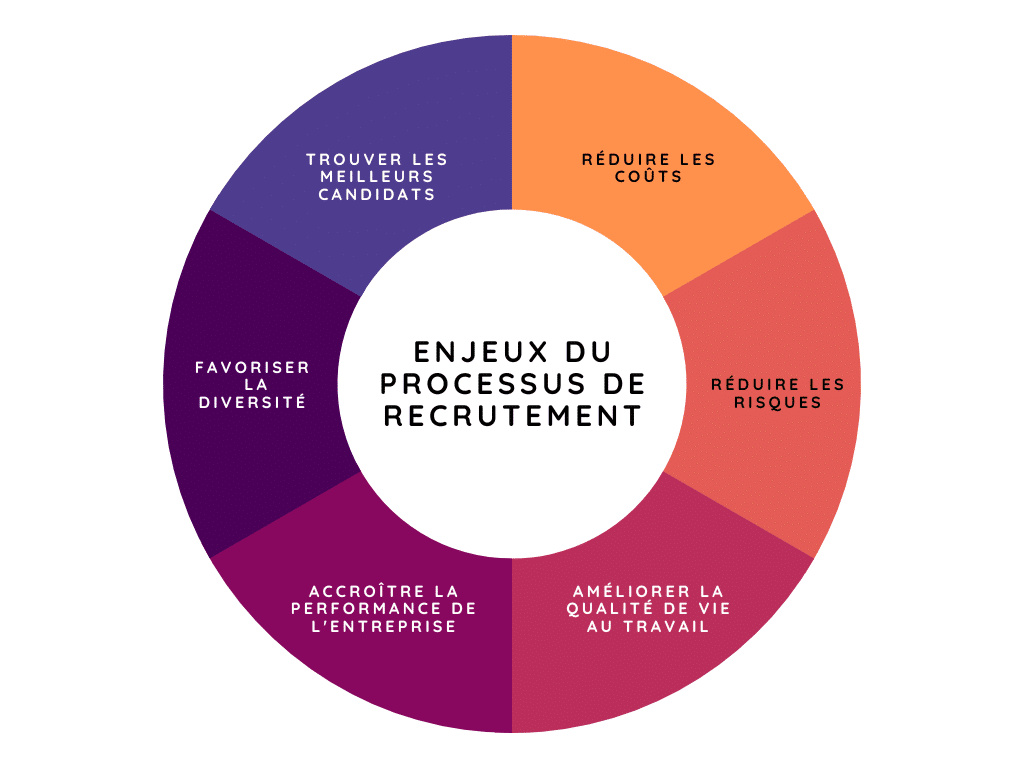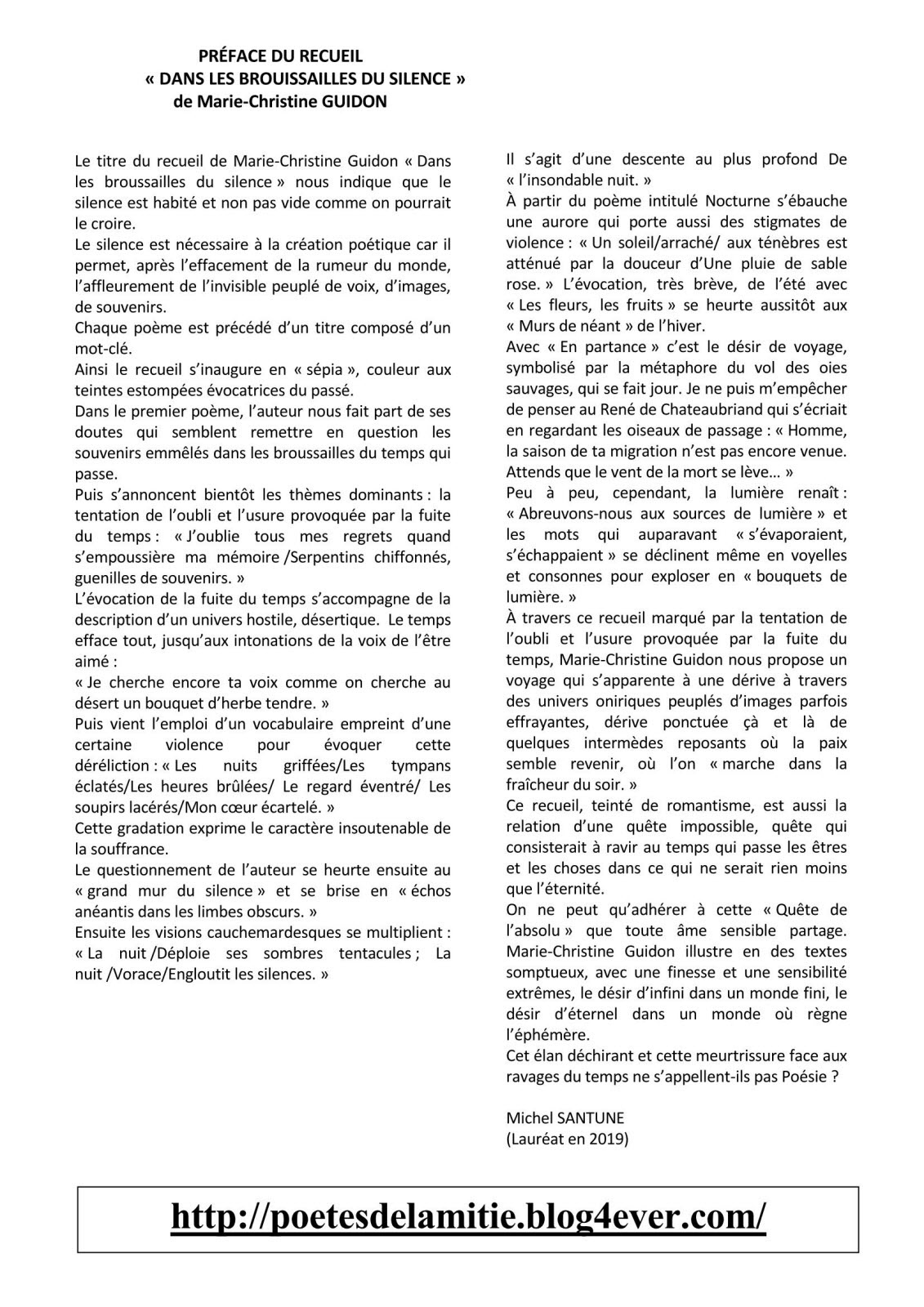The Palantir-NATO Deal: A Deep Dive Into The Future Of Public Sector AI

Table of Contents
Palantir's Role in Enhancing NATO's Capabilities
Palantir's contribution to NATO extends far beyond simple data analysis. Their platform offers a suite of capabilities designed to address the unique challenges faced by a multinational alliance.
Data Integration and Interoperability
NATO's strength lies in its collective membership, but this diversity presents a significant hurdle: data silos. Palantir's platform excels at integrating disparate data sources from various member states, overcoming this critical challenge.
- Streamlined information sharing between nations: The platform facilitates seamless data exchange, enabling rapid response to evolving threats.
- Improved situational awareness through real-time data fusion: By combining data from diverse sources, NATO gains a comprehensive and up-to-the-minute understanding of global events.
- Enhanced interoperability of defense systems: Palantir's platform helps connect and coordinate various defense systems, improving operational efficiency and effectiveness.
- Breaking down data silos for improved decision-making: Access to a unified, integrated data view enables faster, more informed decisions at all levels of command. This improves response times and strategic planning. This foundational model approach to data integration is key to the success of this initiative.
Predictive Analytics for National Security
Beyond data integration, Palantir's AI capabilities offer powerful predictive analytics tools vital for national security.
- Early warning systems for potential threats: By analyzing vast datasets, Palantir's AI can identify patterns and anomalies indicative of emerging threats, allowing for proactive intervention.
- Optimization of resource deployment for enhanced effectiveness: Predictive modeling helps allocate resources – personnel, equipment, and funding – more efficiently, maximizing impact.
- Proactive cybersecurity measures to mitigate risks: The platform helps identify vulnerabilities and potential cyberattacks, enabling timely mitigation strategies.
- Improved intelligence gathering and analysis: AI-driven tools enhance the speed and accuracy of intelligence analysis, providing crucial insights for strategic decision-making.
Implications for the Future of Public Sector AI
The Palantir-NATO deal has far-reaching implications, extending beyond the immediate impact on the alliance.
Accelerated Adoption of AI in Government
This partnership signals a significant acceleration in the adoption of advanced AI technologies across government agencies worldwide.
- Increased investment in AI infrastructure and development: Governments are likely to increase investment in AI infrastructure and research to keep pace with technological advancements.
- Greater collaboration between government agencies and private sector AI providers: The success of this partnership may encourage further collaborations between public and private sectors in AI development.
- Development of new AI-driven policy initiatives: Governments will likely develop new policies and regulations to govern the use of AI in the public sector, ensuring responsible innovation.
- Focus on ethical considerations and responsible AI development in the public sector: The deal highlights the crucial need for ethical guidelines and transparency in the use of AI in government.
Ethical Considerations and Data Privacy
The use of AI in sensitive areas like national security raises crucial ethical considerations.
- Transparency in AI algorithms and decision-making processes: Ensuring transparency in how AI algorithms work is vital for building trust and accountability.
- Data protection and privacy safeguards: Robust data protection measures are essential to safeguard sensitive information. This is paramount for maintaining public trust and upholding legal obligations.
- Mitigation of bias in AI systems: AI systems must be carefully designed and monitored to mitigate potential biases that could lead to unfair or discriminatory outcomes.
- Establishing clear lines of accountability for AI-driven actions: Clear protocols for accountability are needed to address potential misuse or errors in AI-driven decisions.
Potential Applications Beyond National Security
The capabilities offered by Palantir's platform extend beyond national security, with significant potential applications in other public sectors.
Disaster Response and Emergency Management
Palantir's platform can revolutionize disaster response and emergency management.
- Real-time tracking of resources and personnel: The platform enables efficient tracking of resources and personnel during emergencies, ensuring optimal resource allocation.
- Improved communication and collaboration between emergency responders: Facilitated communication and collaboration lead to more effective responses to crises.
- Predictive modeling to anticipate and mitigate risks: Predictive modeling can help anticipate potential hazards and enable preemptive measures.
Public Health and Pandemic Preparedness
AI can significantly improve public health preparedness and response.
- Real-time monitoring of disease outbreaks: Real-time data analysis allows for early detection and response to disease outbreaks.
- Predictive modeling to anticipate future outbreaks: Predictive modeling can help anticipate and mitigate the impact of future outbreaks.
- Optimized resource allocation for effective response: Efficient resource allocation ensures that resources are deployed where they are needed most.
Conclusion
The Palantir-NATO deal represents a significant leap forward in the integration of advanced AI within the public sector. While ethical considerations and data privacy must remain paramount, the potential benefits for national security, disaster response, and public health are substantial. This partnership promises to reshape how governments utilize data and AI, paving the way for a more efficient, secure, and responsive future. To learn more about the transformative potential of public sector AI and the implications of the Palantir-NATO deal, continue exploring this rapidly evolving field. Understanding the nuances of government AI is critical for shaping a future where technology serves the public good. Engage with the debate surrounding AI in national security and help build a responsible and ethical approach to the use of artificial intelligence in the public sector.

Featured Posts
-
 Dijon Recrutement Dans Les Restaurants Et Sur Le Rooftop
May 10, 2025
Dijon Recrutement Dans Les Restaurants Et Sur Le Rooftop
May 10, 2025 -
 Simplified Stock Trading The Jazz Cash And K Trade Advantage
May 10, 2025
Simplified Stock Trading The Jazz Cash And K Trade Advantage
May 10, 2025 -
 Mediatheque Champollion A Dijon Degats Apres Un Depart De Feu
May 10, 2025
Mediatheque Champollion A Dijon Degats Apres Un Depart De Feu
May 10, 2025 -
 Significant Increase In Space X Value 43 Billion More Than Musks Tesla Shares
May 10, 2025
Significant Increase In Space X Value 43 Billion More Than Musks Tesla Shares
May 10, 2025 -
 Exploring New Business Opportunities A Map Of The Countrys Hot Spots
May 10, 2025
Exploring New Business Opportunities A Map Of The Countrys Hot Spots
May 10, 2025
